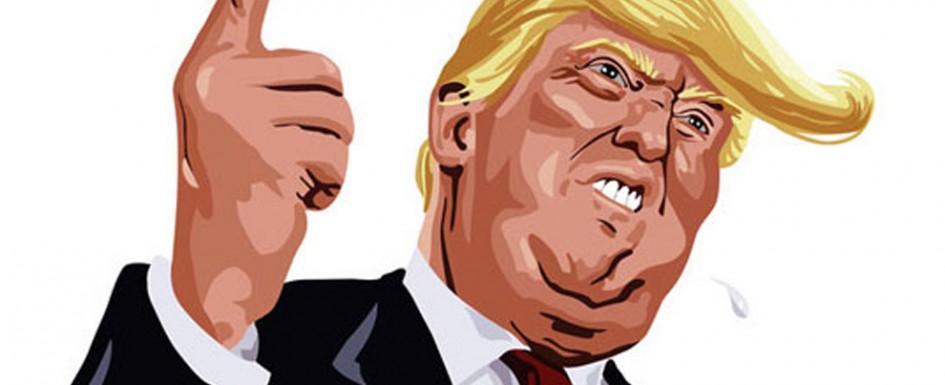“When America sneezes the world catches cold”. A cliché perhaps but with some truth behind it I suspect.
Consider this :
The United States is the world’s largest national economy in nominal terms and second largest according to purchasing power parity (PPP), representing 22% of nominal global GDP and 17% of gross world product (GWP). The United States’ GDP was estimated to be $17.914 trillion as of Q2 2015.
Australia’s top 3 two way trading partners are China, Japan and The USA. China is the world’s largest export economy and the USA and Japan are two of China’s top 3 trading partners.
Anyway, on to this month’s thoughts, reflections and predictions.
We often get asked about interest rates. It’s a natural mind set for borrowers to think about what the cost of debt might do over the expected life of a loan. In fact, it would be foolhardy or naive not to have these thoughts.
For the most part our recent feedback to clients (not advice, just feedback) has been that we can’t see anything on the economic horizon that indicates impending upward pressure on interest rates. We have previously mentioned that some rate volatility may be expected as banks deal with moving liquidity and compliance obligations but in our view these would have very marginal rate impacts.
I recently remarked to a client that we can think about what might happen and plan for the things that we have learned over time but that it’s the left field surprises that are harder to anticipate. And so it has proved to be as Donald Trump wins the US presidential election as at time of writing (the so called morning after) and is officially the president elect of the largest economy on earth. The news has sent global markets into a spin and immediately impacted our local indexes and currency value. Interestingly those same markets are already recovering from the initial shock with some commentators suggesting things are not as bad as they seem. Indeed, some are even bullish.
So, what might happen next and should accommodation business operators and borrowers in Oz be worried?
I think the first thing to recognise is that Trump is unlikely to actually do many of the things he has promised. Having said that if he only enacts half of what he has previously planned things are going to get a shakeup. If we water down the more extreme policy announcements we are still left with planned substantial increases in public sector spending particularly in infrastructure, a focus on revised trade agreements, a more isolationist world view and less overt US military interventions. Let’s not forget that Trump will have control of a majority Republican congress via the Senate and House of Representatives so provided he gets support from his own party he will certainly be able to get things done.
Let’s assume that as a minimum Trump makes some changes in his key areas of interest. We will likely see an increase in US deficit funded infrastructure investment, at least some form of trade protection for US industry, decreases in company and personal tax and much tighter controls of immigration. Increases in public spending together with tax cuts could well push consumer demand and cause the US federal reserve to raise interest rates. The strategy and indeed much of Trump’s rhetoric is likely to have at least a short term positive impact on employment, real wages and consumer sentiment in the US and the obvious flow on impact may also be upward pressure on inflation. Some economists are saying that the end game for us may be downward pressure on exchange rates and perhaps a balancing upward pressure on interest rates. To no great surprise opinion is divided on what might happen but these are at least areas worth watching as things develop.
Any moves to introduce trade disincentives, tariffs or other protectionist policies will likely have a very clear and negative flow on impact here in Australia. As a massive net consumer of imports produced by countries who buy our raw materials the US has a critical place in the supply chain that in many cases starts here. Any slowdown in US demand for imported products has the potential to hit us pretty hard, particularly if those products are produced by our most important trading partners.
On a geo-political level it will be interesting to see if Trump is really serious about pulling back on the current global US military presence. Certainly any such strategy would see China taking a more senior strategic role in the Asian Pacific region with who knows what end result.
For me the really interesting outcome of the Trump ascendency will be the reaction of political parties here in Australia. I would argue that our protracted period of modest economic growth and equally modest consumer confidence is an outcome of a broad dissatisfaction with mainstream politics and policy. The average voter is simply not interested in the fringe minority issues that seem to dominate the media and political discourse these days. I suspect that the first political party in Oz to recognise the ground shift that is the Donald outcome will enjoy significant voter support and improving consumer confidence.
Lastly, I am buying shares in Mexican wall building companies ….. there’s a hot tip !
Mike Phipps
Director
Phippsfin Pty Ltd

The first president to own Management Rights. Interesting times we live in.